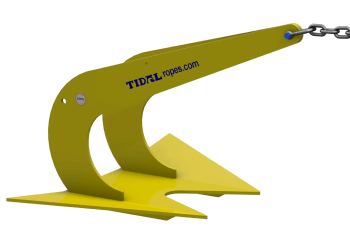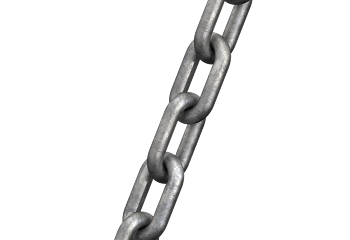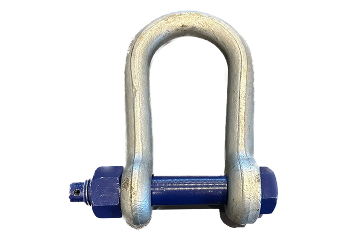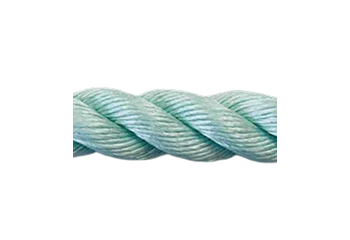Mooring Solutions
Our time-tested designs and manufacturing experience ensure that your buoys stay afloat, and your vessels and equipment stay safely moored.
We provide a comprehensive range of mooring equipment, including anchors, chains, buoys, ropes, and hardware. Our experienced team will collaborate with you and your engineers to develop cost-effective mooring systems tailored to your needs. We offer proven components for both simple moorings and large-scale commercial cage systems in saltwater and industrial water treatment infrastructure.
Featured Mooring Solutions Products
Services
Mooring System Design Assistance & Review
Guarantee the safety and efficiency of your marine operations with our comprehensive Mooring System Design Assistance & Review services. Our team of experienced professionals collaborate closely with you to create customized mooring solutions that meet your specific needs, providing stability, reliability, and compliance with industry standards.
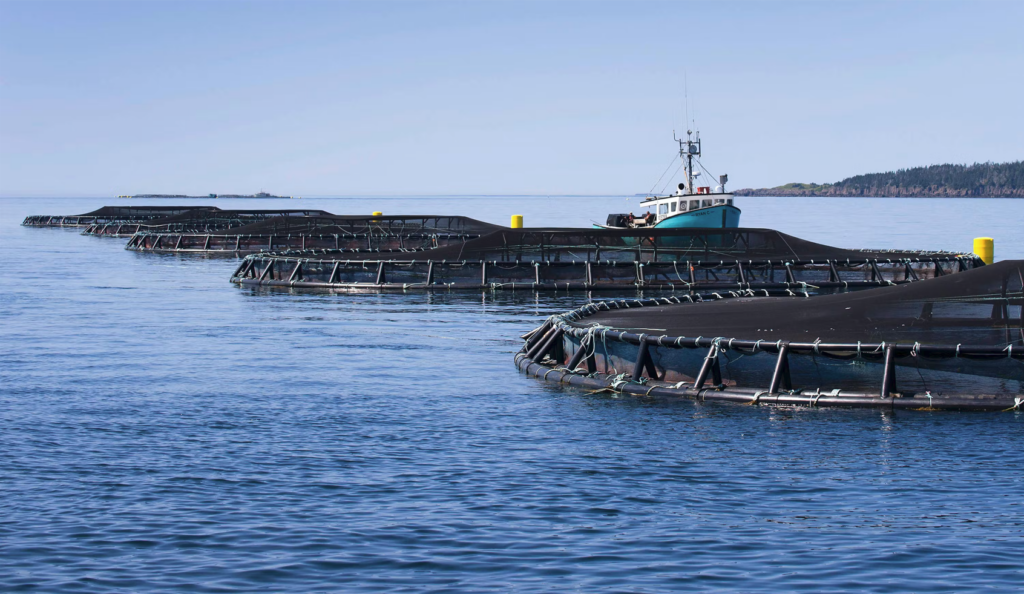
Industries
Tidal Marine services a wide variety of clients, ranging from private companies and public organizations to individual customers.
Frequently Asked Questions
What distinguishes "Individual Drop" from "Continuous" Mussel Socking systems?
Tidal Individual Drop socks encase mussel seeds, providing a mesh substrate for mussels to attach via byssal threads. These socks are commonly utilized in shallower mussel farming areas with greater water temperature variation or when suspended from floating rafts. On the other hand, Continuous socking systems employ a rope substrate where mussels attach themselves. Continuous lengths of seeded rope are hung in loops from surface buoys in deeper waters.
Why is grading mussel seed before "Grow-Out in Socks" beneficial?
Seed collection, de-clumping, and grading play a crucial role in reducing floatation costs, enhancing yield and product quality during harvesting, and widening the processing window for consistent market-sized mussels. Grading at the Seed stage, as opposed to only at the Harvest stage, significantly boosts yield and ensures consistency in the size of the harvested mussels.
Wire Oyster Cages or Aluminum Frame Oyster Cages: Which do you recommend?
Initially introduced in the late 2000s, Oyster Cages made from Polyvinyl Chloride (PVC) dipped metal wire were designed to hold 4 or 6 oyster growing bags. These cages, supported by two larger floats, allowed for higher densities than the original Floating Bag systems. However, PVC coated wire was found to deteriorate over time, leading to the development of heavy-duty aluminum frame cages. Fabricated by bending and welding aluminum round bar, these durable cages are replacing PVC wire mesh cages due to their resilience.
Square or Diamond mesh Oyster Bags: Which is recommended?
Both Square and Diamond mesh bags have their advantages and drawbacks. Square mesh bags are prevalent in North America due to farming systems requiring a rectangular shape. On the other hand, Diamond mesh bags, with their stronger structure, tend to last longer. However, some farmers consider the sharp edges on the openings of diamond mesh bags a potential issue.
